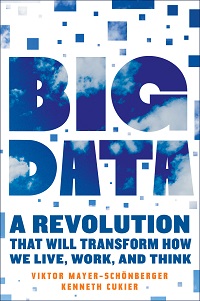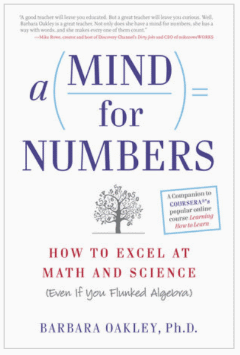This is the story of James Dyson, the inventor and designer of the revolutionary Dyson Cyclone, the vacuum cleaner (and an assortment of other useful inventions) that beat the multinationals in their own game, as told by himself. This new book, released in September 2021, together with his autobiography (Against the Odds: An Autobiography, New York, Texere, 1998, 2003) will always give would-be entrepreneurs, designers and whoever strives to succeed, inspiration and hope. [NOTE: The rest of this review comes directly from the publisher’s].
In Invention: A Life, Dyson reveals how he came to set up his own company and led it to become one of the most inventive technology companies in the world. It is a compelling and dramatic tale, with many obstacles overcome. Dyson has always looked to the future, even setting up his own university to help provide the next generation of engineers and designers. For, as he says, “everything changes all the time, so experience is of little use.”
Invention : A Life. James Dyson. New York: Simon & Schuster, 2021.






